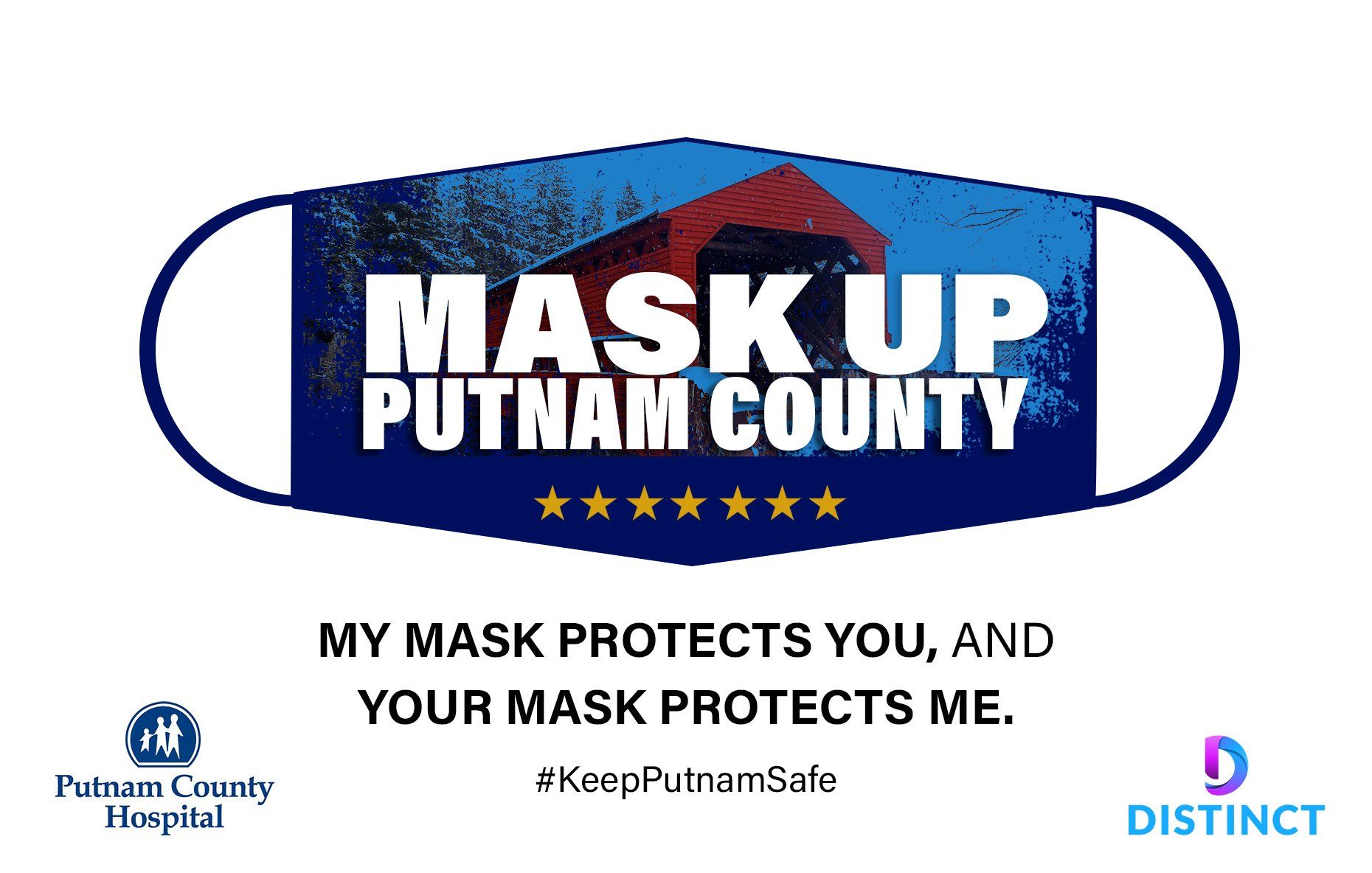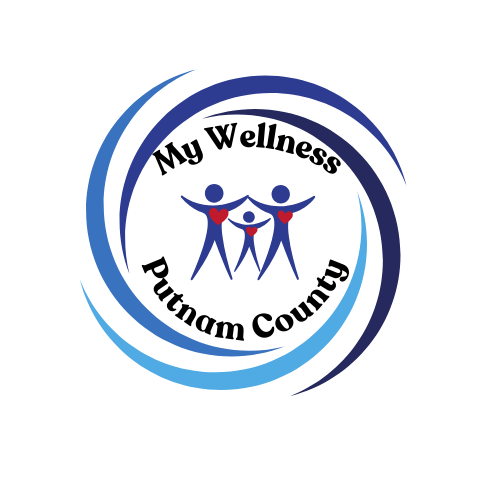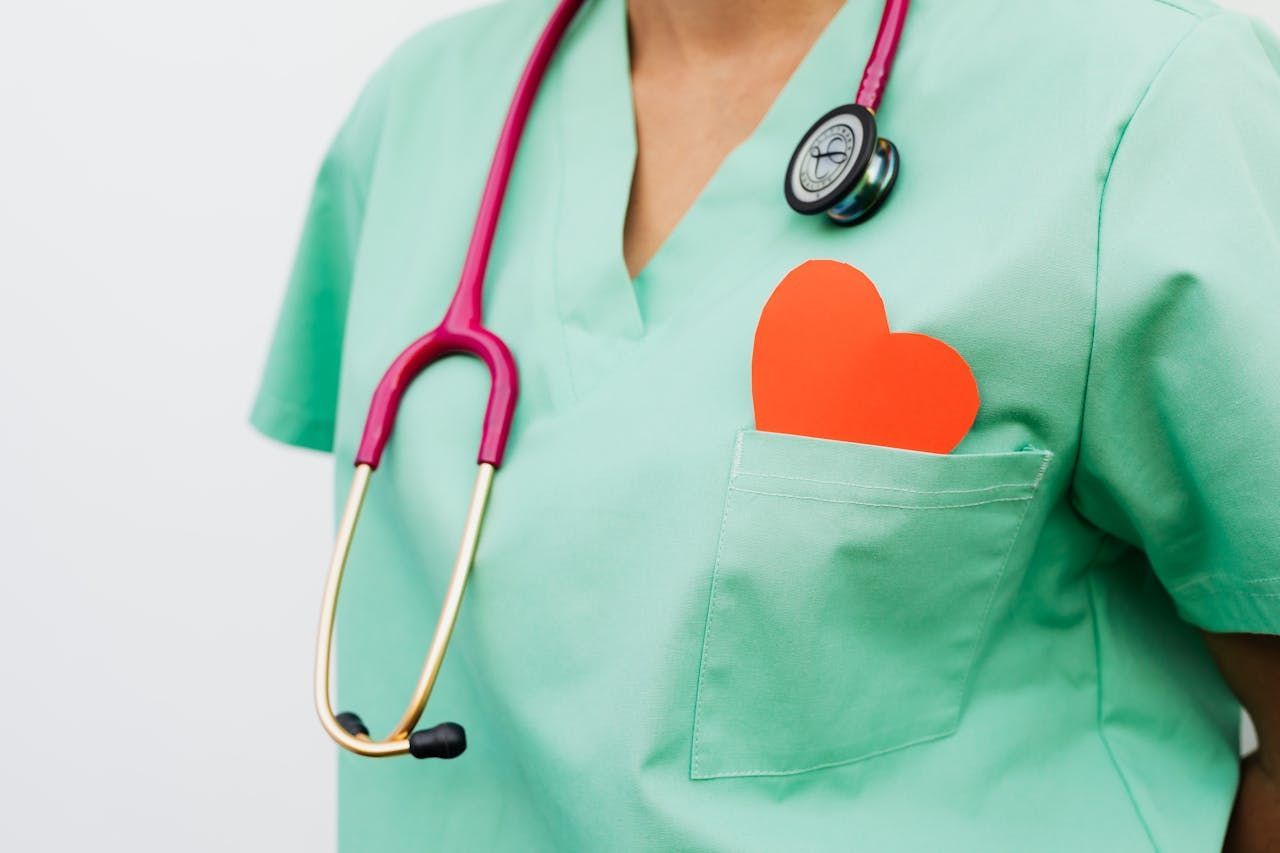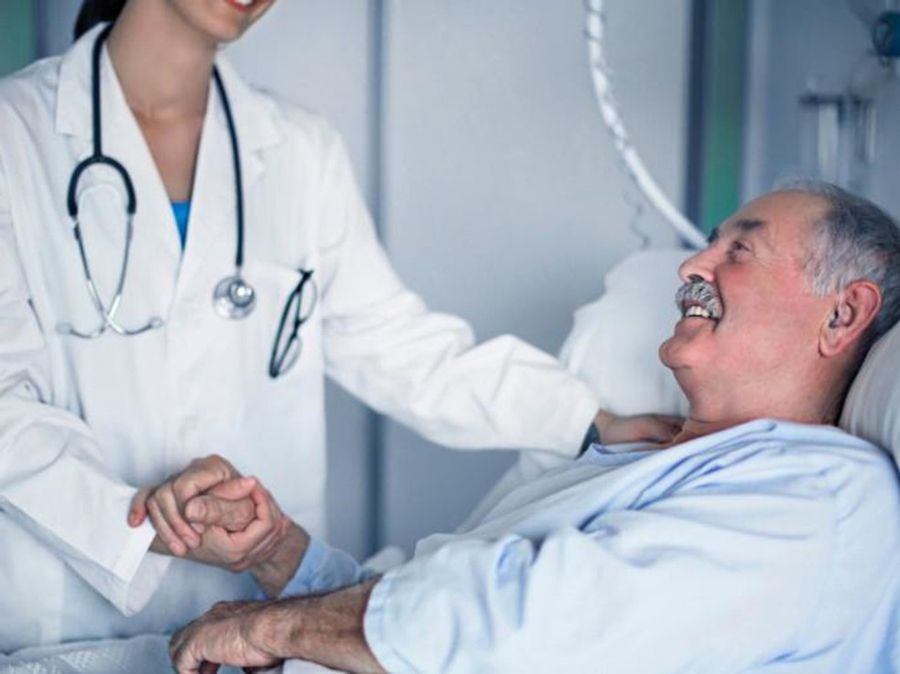November 13 – Daily COVID-19 update from Putnam County
980 cases
(Greencastle, Ind.) Putnam County officials announced today that there have been 980 confirmed cases of COVID-19 in the county since March. Putnam County is currently at a 5.3% positivity rate. For a further breakdown of cases please visit www.coronavirus.in.gov . The positive case number also may include positive cases at the state correctional facility located in Putnam County. To learn more, visit https://www.in.gov/idoc/3780.htm .
Putnam County Hospital continues to offer curbside COVID testing. To schedule your appointment please go to https://scheduling.coronavirus.in.gov Testing hours are Tuesday-Friday 10:00am-6:00pm and Saturday 9:00am-2:00pm. If you have any further questions please call the COVID hotline at (765) 301-7019. Putnam County Hospital asks that patients arrive no earlier than five minutes before their scheduled test to help with the flow of traffic. When a patient arrives they will follow the COVID-19 testing signs. These signs will direct them to the proper testing area. Please note that the curbside testing will be closed on November 26 and 27. However, the testing site will be open on Monday, November 23.
Update from Putnam Prompt Care
Due to increased number of positive Covid-19 cases in our community and the very limited size of the Putnam Prompt Care waiting room, we will be changing the way patients are admitted to Prompt Care for services. Beginning Monday, November 16, 2020 patients entering the hospital will be Covid screened and routed directly to Prompt Care where an examination room will be immediately available.
In addition, a “virtual waiting room” will be created in the front parking lot of the hospital where patients may call from their vehicle and register to be seen in Prompt Care. Designated parking spots will be posted with the Prompt Care telephone number 765-301-7030 located on the sign.
For “walk in” patients – the main hospital front door screening staff will be asked to communicate when a patient wishes to be seen.
For patients who do come into the hospital and find that Prompt Care has reached full capacity, front door screening staff will provide a Prompt Care service flyer to the patient and ask them to call the clinic from their vehicle. The patient will be registered
over the phone so paperwork will be minimal. Prompt Care staff will communicate directly to waiting patients when there is room available for them. The patient will enter into the hospital and let the screening staff know they were called by Prompt Care to come in for their appointment.
Patients are asked to come alone, with a parent/guardian or with their designated caregiver.
What Holiday precautions should individuals take?
Thanksgiving is just around the corner. The CDC has many helpful resources to ensure your family has a safe and healthy Thanksgiving.
Thanksgiving is a time when many families travel long distances to celebrate together. Travel increases the chance of getting and spreading the virus that causes COVID-19. Staying home is the best way to protect yourself and others. If you must travel, be informed of the risks involved.
Lower risk activities
- Having a small dinner with only people who live in your household
- Preparing traditional family recipes for family and neighbors, especially those at higher risk of severe illness from COVID-19, and delivering them in a way that doesn’t involve contact with others
- Having a virtual dinner and sharing recipes with friends and family
- Shopping online rather than in person on the day after Thanksgiving or the next Monday
- Watching sports events, parades, and movies from home
Moderate risk activities
- Having a small outdoor dinner
with family and friends who live in your community
- Lower your risk by following CDC’s recommendations on hosting gatherings or cook-outs.
- Visiting pumpkin patches or orchards where people use hand sanitizer before touching pumpkins or picking apples, wearing masks is encouraged or enforced, and people are able to maintain social distancing
- Attending a small outdoor sports events with safety precautions in place
Higher risk activities
Avoid these higher risk activities to help prevent the spread of the virus that causes COVID-19:
- Going shopping in crowded stores just before, on, or after Thanksgiving
- Participating or being a spectator at a crowded race
- Attending crowded parades
- Using alcohol or drugs , which can cloud judgement and increase risky behaviors
- Attending large indoor gatherings with people from outside of your household
For a message from our local business owners and officials please visit https://drive.google.com/file/d/1zqZJT7go8rSA05FIFiNbGeJnyJPapVkW/view?usp=sharing
What else can I do right now to help prevent the spread of influenza and the flu?
- Avoid close contact. Avoid close contact with people who are sick. When you are sick, keep your distance from others to protect them from getting sick, too.
- Stay home when you are sick. If possible, stay home from work, school and errands when you are sick. This will help prevent you from spreading your illness to others.
- Cover your mouth and nose. Cover your mouth and nose with a tissue when coughing or sneezing. It may prevent those around you from getting sick. Flu and other serious respiratory illnesses are spread by cough, sneezing or unclean hands.
- Clean your hands.
Washing your hands often will help protect you from germs. If soap and water are not available, use an alcohol-based hand rub.
- Handwashing: Clean Hands Save Lives Tips on hand washing and using alcohol-based hand sanitizers
- It’s a SNAP Toolkit: Handwashing Hand washing resources from the It’s a SNAP program, aimed at preventing school absenteeism by promoting clean hands; from the School Network for Absenteeism Prevention, a collaborative project of the CDC, the U.S. Department of Health and Human Services and the American Cleaning Institute.
- Avoid touching your eyes, nose or mouth. Germs are often spread when people touch something that is contaminated with germs and then touch their eyes, nose or mouth.
- Wear a mask. Masks can reduce the transmission of all respiratory illnesses, including the flu.
- Practice other good health habits. Clean and disinfect frequently touched surfaces at home, work or school, especially when someone is ill. Get plenty of sleep, be physically active, manage your stress, drink plenty of fluids and eat nutritious food.
Putnam County is providing regular updates on COVID-19 to citizens as part of its effort to complement the daily updates from the Indiana State Dept. of Health. The updates can be accessed via www.coronavirus.in.gov .
To learn more about Putnam County’s coordinated response to COVID-19, please visit the Putnam County Hospital at www.pchosp.org/covid-19-updates or the Putnam County Health Department at www.putnamhealthindiana.org .








